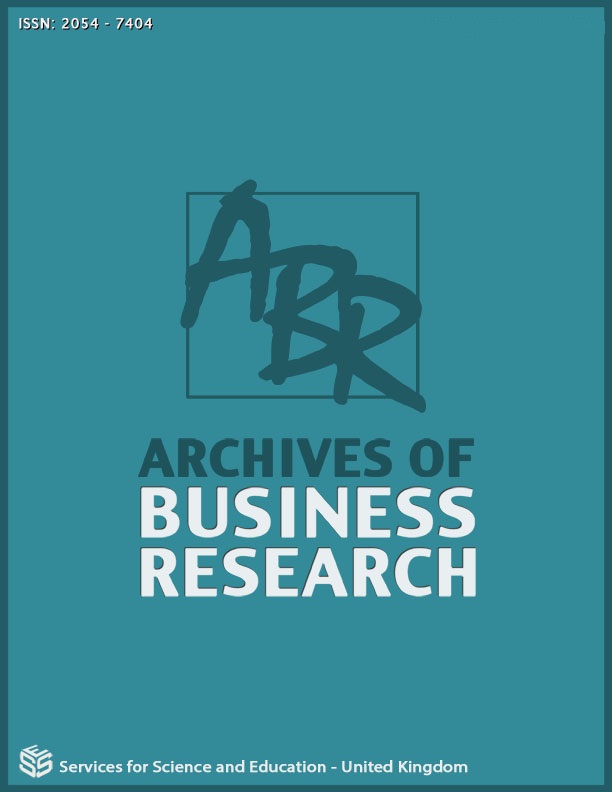Can We Improve the Rate of Entrepreneurial Success? Introducing the “TEAM” Framework
DOI:
https://doi.org/10.14738/abr.98.10618Keywords:
Entrepreneurship, Entrepreneurial Team, Venture Capitalists’ Needs, Entrepreneurs’ Personality TraitsAbstract
Business ventures have experienced environments pertaining to rapid morphological changes that have led to the adoption of entrepreneurial teams as opposed to singular individuals. With such a high potential for failure, startups must revert into the foundation of their organization to ensure success and longevity through the formation of an entrepreneurial team. The formation of the entrepreneurial team leads itself to debate due to its diverse linkage with surrounding contexts and the endless combinations of team characteristics. This paper will start by exploring surrounding contexts that affect the performance of entrepreneurship, providing a landscape to the approach of “individual versus team entrepreneur”. The study will shift into venture capitalists and their startup selection criteria lending way to the assumption that entrepreneurial teams are more likely to receive investor funding due to possible parallels in expertise and personalities between the team and the venture capitalist. Afterwards, previous literature will be explored on the components of the entrepreneurial team, creating a structure for the ideal way of composing a team based on the heterogeneous skills and homogenous personalities. The John Holland (IESC Theory) and the Theory of Predicted Behavior will provide evidence towards the efficiency and applicability of the TEAM framework, establishing that a structure including 4 main individual types is required for synergy within a new venture; The Entrepreneur, The Manager, The Technical Expert, and the Assisting Functions. By implementing the TEAM framework, startup success rates can increase and provide substantial benefits for both the entrepreneur and the fund investor.
Downloads
Published
How to Cite
Issue
Section
License
Copyright (c) 2021 Ahmed H. Tolba

This work is licensed under a Creative Commons Attribution 4.0 International License.






